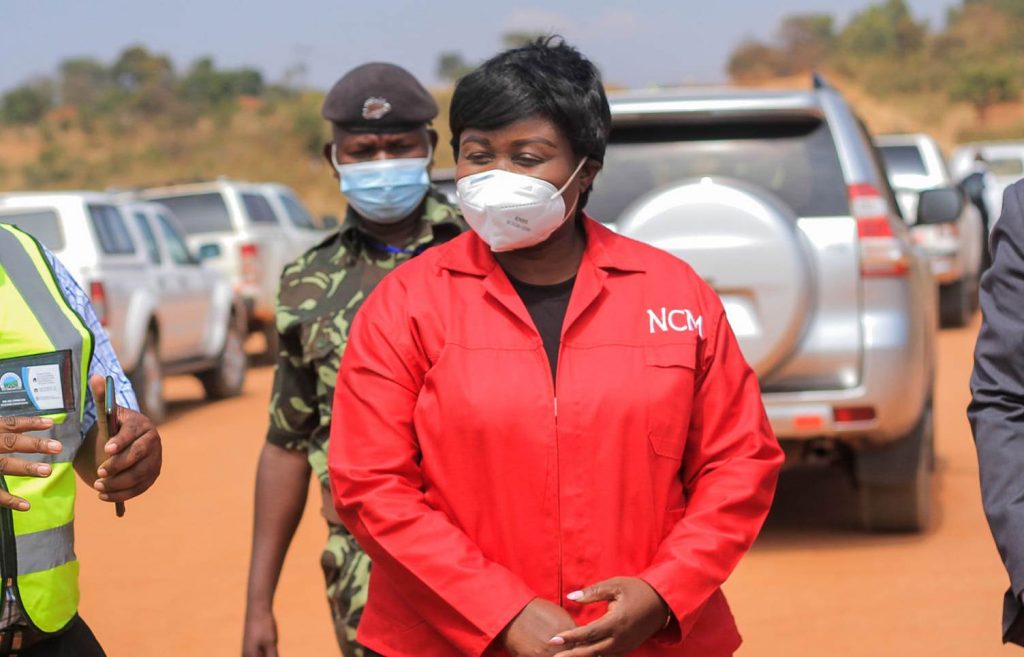GCU accused of ‘sitting on contracts’
The Government Contracting Unit (GCU) has come under fire for allegedly being bureaucratic and fuelling corruption in the award of contracts, and governance experts want it disbanded.
Established in July 2012, the GCU was meant to close gaps in the development, implementation, management and monitoring of government contracts, and concession agreements by various ministries, departments and agencies (MDAs).

But reports are rife of delays by government offices to award contracts with a procurement professional and a governance experts, singling out the GCU as one of the culprits.
Procurement expert Amos Nyambo, former Malawi Institute of Procurement and Supply board chairperson, in an interview this week described GCU as one of the bottlenecks in the procurement process.
He said: “Everyone knows that it is PPDA [Public Procurement and Disposal of Assets Authority] that holds regulatory powers on procurement. The Anti-Corruption Bureau vets the procurement process and the office of the Attorney General reviews the contracts to ensure government interests are served well. But what is GCU’s mandate?”
Agreeing with Nyambo, governance expert Rafiq Hajat observed that GCU’s focus deviated long ago from ensuring value-for-money for government, to gate-keeping.
He said: “Tenders being awarded have little bearing on merit. The office [GCU] has now become highly corrupt because it is politicised and it is high time government revisited the whole model.”
The sentiments by the two experts come barely a month after President Lazarus Chakwera directed Ministry of Transport and Public Works to work with other MDAs in coming up with a new and better procurement system “which is not slow, long and cumbersome”.
Chakwera ordered the ministry to submit a report to him on the matter before the next sitting of Parliament.
Speaking when he launched the Shire North Railway Bridge in Balaka on July 13 2021, Chakwera bemoaned corrupt tendencies and bureaucracy in approving contracts to investors.
Said Chakwera: “No investor who expresses interest in developing our rail or road infrastructure should have to be sent to multiple government offices with the same offer of investment or without being told at the outset how long it will take for their offer to be decided upon,
“The fact that so many investors are chasing after elected politicians to secure contracts or to get an application that is stuck in government offices means that we have a system that doesn’t work for Malawian development but works for politicians who get corrupted or corrupt others.”
But Deputy Minister of Transport and Public Works Nancy Chaola Mdooko said her ministry is reviewing the existing procurement system and drafting improvements for speedy delivery, without compromising the due diligence required.
“When we are done with our in-house review, we will link up with other MDAs like OPC [the Office of the President and Cabinet], Ministry of Finance, PPDA and Government Contracting Unit so that we all move in the same direction, and at the same speed.
GCU director of engineering services Vincent Sikelo, in an e-mailed response, explained that the unit provides checks-and-balances which ensure that government only commits to financing and implementing contracts which are thoroughly scrutinised, vetted, certified as reasonable, advantageous and that there is value for money,” said Sikelo.
Sikelo, however, pointed out that some MDAs contribute to the delays by not expeditiously responding to queries after noting the contracts they are submitting might not meet the minimum requirements for approvals during review processes. This, he said, also contributes to further delays.
But Sikelo also conceded that high vacancy rate in the establishment are affecting service delivery. He did not mention the positions.
A 2017 Country Procurement Assessment Report for Malawi, by the World Bank, identified weaknesses such as “substantial delays in the procurement process, inefficient capacity and inadequacies in procurement organisation, documents and management,” in the procurement processes.
Roads Authority (RA) board chairperson Joe Ching’ani on Wednesday this week strongly spoke against the long duration a contract takes to be vetted, accusing some officers of sitting on documents for months.





